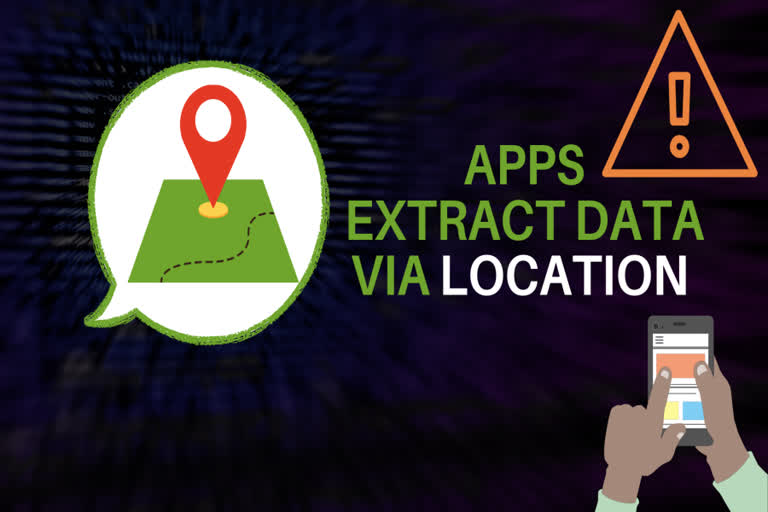London: Smartphone users are unaware of the privacy implications of some permissions they grant to apps and services and researchers have been able to identify which kind of personal information the apps extract with location tracking.
This is the first extensive study shedding light on the range of personal information that can be inferred from location-tracking data.
Consequently, the study by two researchers from the University of Bologna, Italy and Benjamin Baron from University College London, the UK also shows how collecting such information can represent a violation of the users' privacy.
To this end, the researchers developed a mobile application -- TrackingAdvisor that continuously collects user location.
From the location data, the app can extract personal information and asks users to give feedback on the correctness of such information as well as to rate its relevance in terms of privacy sensitivity.
"Users are largely unaware of the privacy implications of some permissions they grant to apps and services, in particular when it comes to location-tracking information", said Mirco Musolesi from the University of Bologna.
Also Read: NASA: Astronomers discover 3 planets orbiting younger Sun-like star
Thanks to machine learning techniques, these data provide sensitive information such as the place where users live, their habits, interests, demographics, and information about users' personalities.
Through the TrackingAdvisor app employed in the study - published in Proceedings of the ACM on Interactive, Mobile, Wearable and Ubiquitous Technologies -- researchers were able to identify which kind of personal information the app extracted and its privacy sensitivity according to users.
For the study, 69 users used TrackAdvisor for at least two weeks.
TrackAdvisor tracked more than 200,000 locations, identifying approximately 2,500 places and collecting almost 5,000 pieces of personal information concerning both demographics and personality.
Among the data gathered, the users find that the most sensitive pieces of information were the ones about health, socio-economic situation, ethnicity, and religion.
"We think it is important to show users the amount and quality of information that apps can collect through location tracking", Musolesi added.
"Equally important for us is to understand whether users think that sharing information with app managers or marketing firms is acceptable or deem it a violation of their privacy".
According to the researchers, analyses like this pave the way to designing targeted advertising systems that help users protect their privacy, especially with the data they deem more sensitive.
"Thanks to such systems, users interested -- for example - in protecting information about their own health could receive a notification each time they go to a health clinic or hospital", said Musolesi.
But there is more.
This could also lead to the development of systems that can automatically block the collection of sensitive data from third parties thanks to previously defined privacy settings, the authors noted.
Also Read: Features and specifications of Samsung Galaxy F62
(Inputs from IANS )



